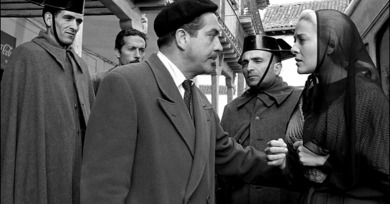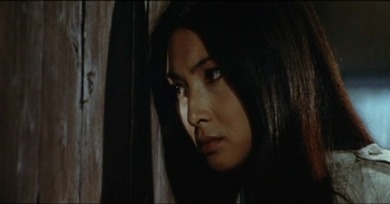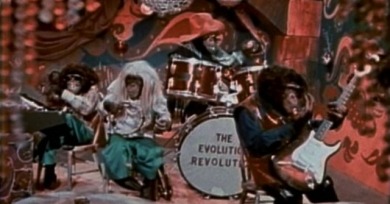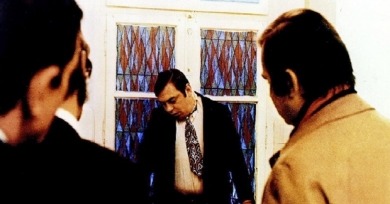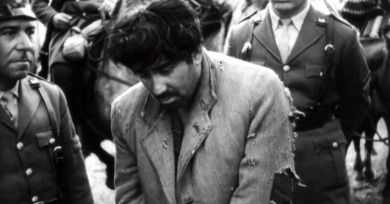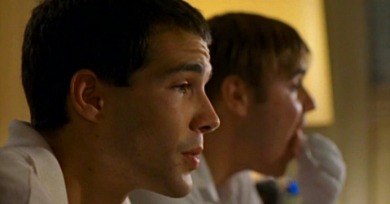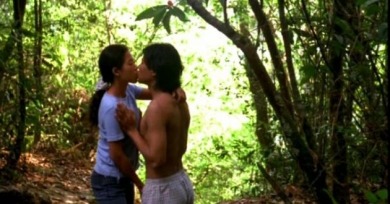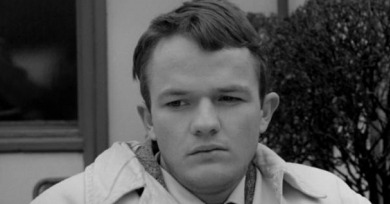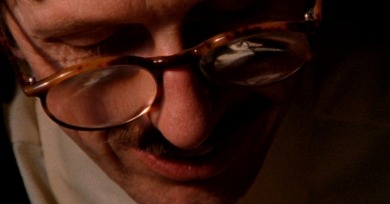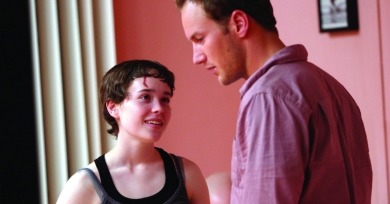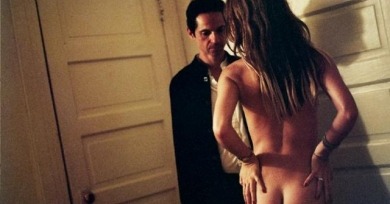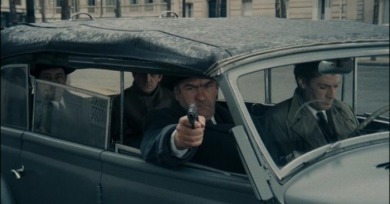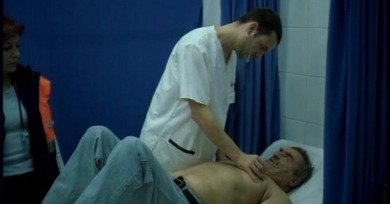Reviews
Ensconced in scandal from production to release and beyond, Viridiana further cemented Luis Buñuel’s status as Surrealist legend.
In the company of so powerful and graceful a work of human empathy, criticism itself hardly seems relevant.
Based on a popular manga by Toru Shinohara, the Scorpion series was transmitted to celluloid with its pulp origins (virtues and limitations) very much intact—there isn’t a single character anywhere in these films whose psychology might chafe at the limitations of a comic frame.
The spy genre may have already reached the point where it’s spawned enough spoofs to outweigh its straight-ahead franchises.
When I try to find the words to praise Why Does Herr R. Run Amok?, the first thing I think of isn’t quite a compliment: it’s a scab I can’t stop picking.
The Jackal of Nahueltoro is about six murders. Five of them take place during the film’s most troubling scene, as Jose, the protagonist, beats to death a recently fatherless family who have adopted him into their fold.
Whatever reputation the film has is derived from the same logic that’s sponsored Haneke’s career, the cough syrup argument—something that tastes so bad surely has to be good for you.
Inasmuch as Blissfully Yours has a point, it is this: the quality of sunlight shining through water or filtered through a forest’s canopy, the meditative quality of sex outdoors during a perfect day, the so close, so faraway sweet sadness of lying beside someone.
Those specificities, bourgeois family and Catholic morality, are case appropriate to the movie’s provincial mid-Sixties Italian milieu, though it should be said in fairness that there’s no system of values or morality that the movie doesn’t affront.
The result is a highly personal portrait, very obviously crafted by a close friend: every interview with Crumb feels like it’s lit to lovingly caress the nerves he is unabashedly exposing for us.
Rape/revenge surely must be the most disingenuous of genres. Most can’t avoid at least hinting at titillation during the first half’s assault, while the ensuing revenge pardons the audience for any potentially worrisome jollies and offers them the one-sided righteousness of seeing the baddie justly punished.
You are what you fuck”—or how you fuck, at least—seems to be the basis of any contemporary exercise in analytical artistic truth seeking. Probably the closest equivalent to writer/ director/ star Caveh Zahedi’s fidgety new self-exposé comes from underground comix, that most purely onanistic of artistic subgenres.
Melville’s tough-guy mannerisms in movies like Le Doulos, Le Samourai, and Le Cercle rouge always strike me as impenetrable and faintly ridiculous, even though I admire the films’ visual elegance and deadpan noir rhythms.
The humane accomplishments of the film, widely praised, do not need much defending, but I think it’s been insufficiently expressed how closely the experience of the film comes wrapped with a dissatisfaction belied by this mood of critical exultation.
